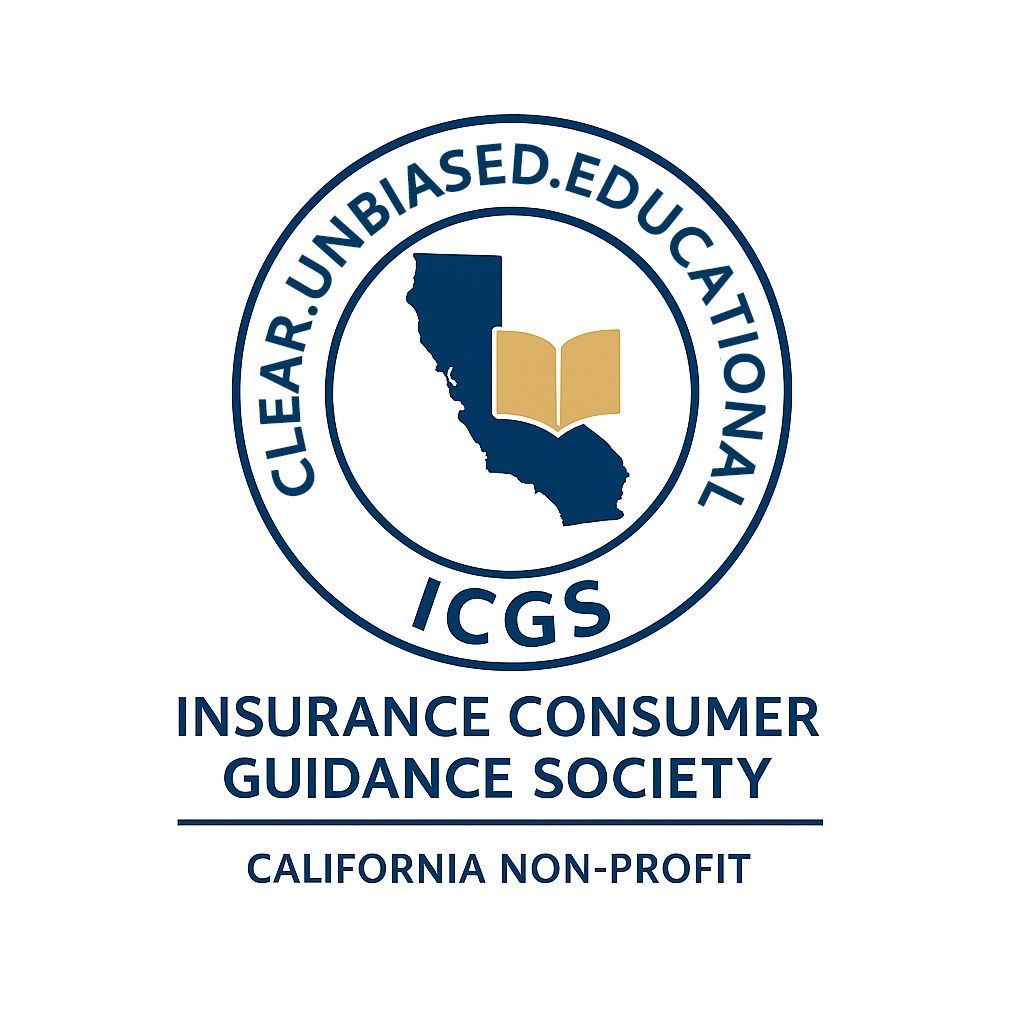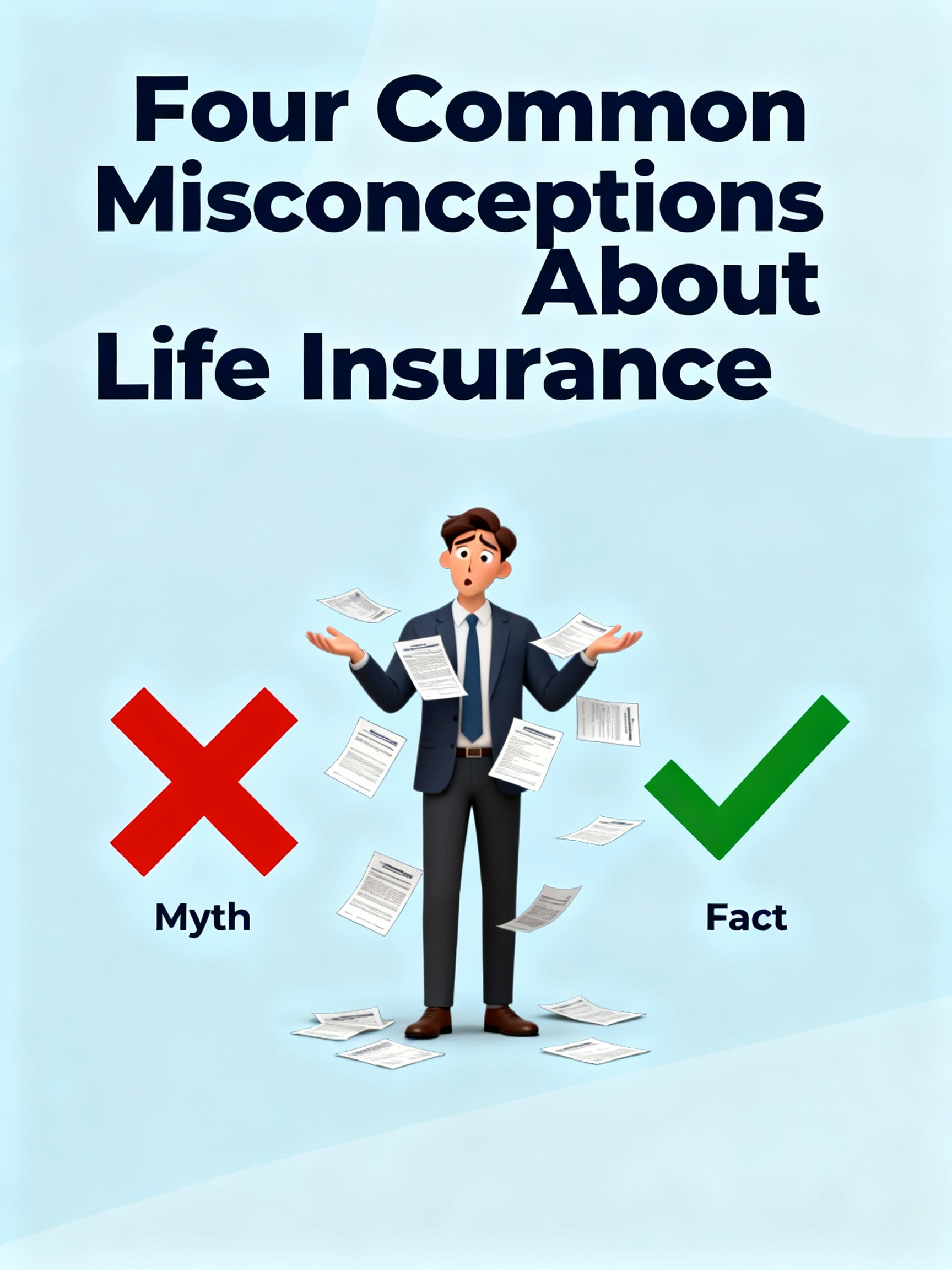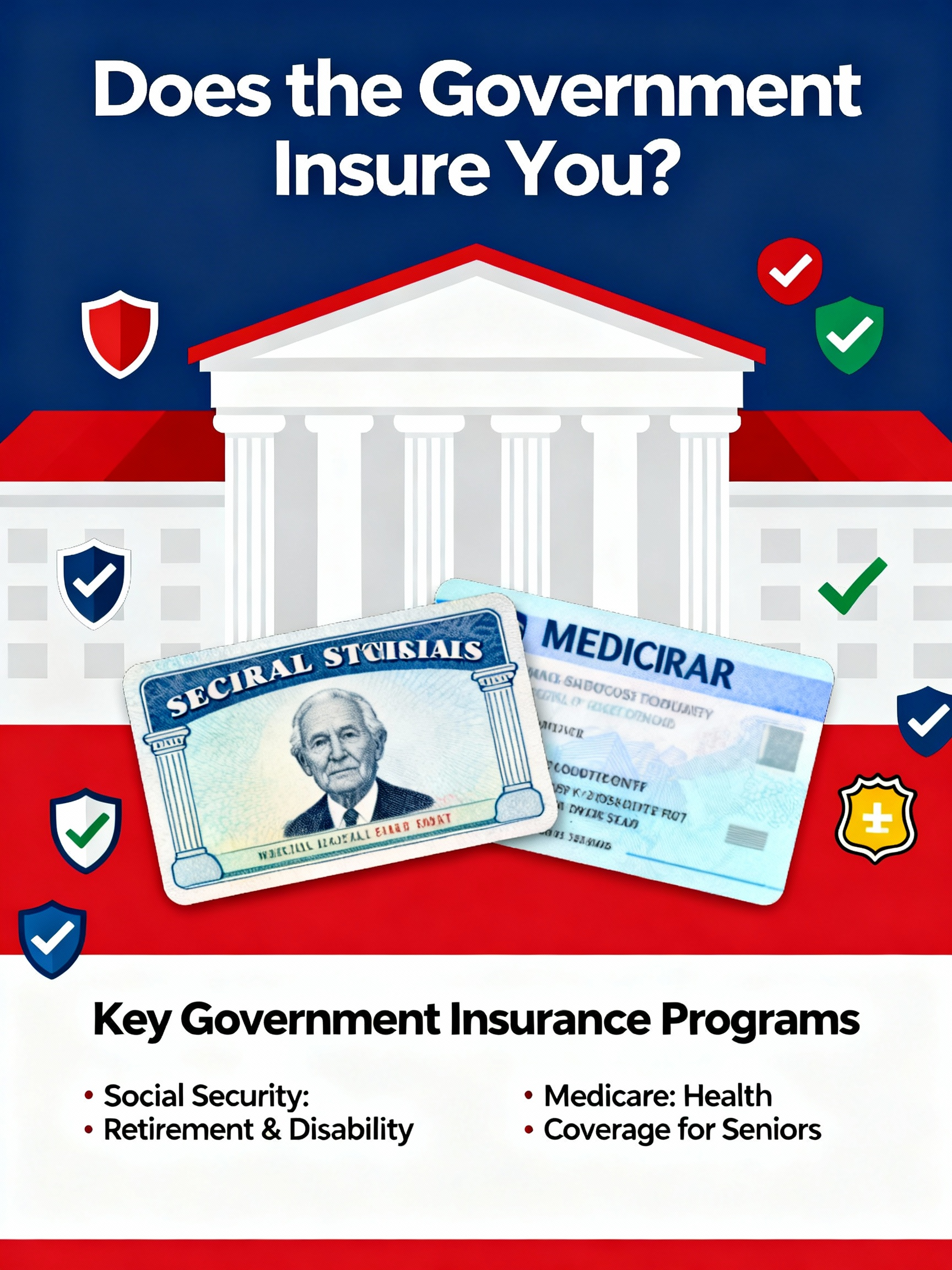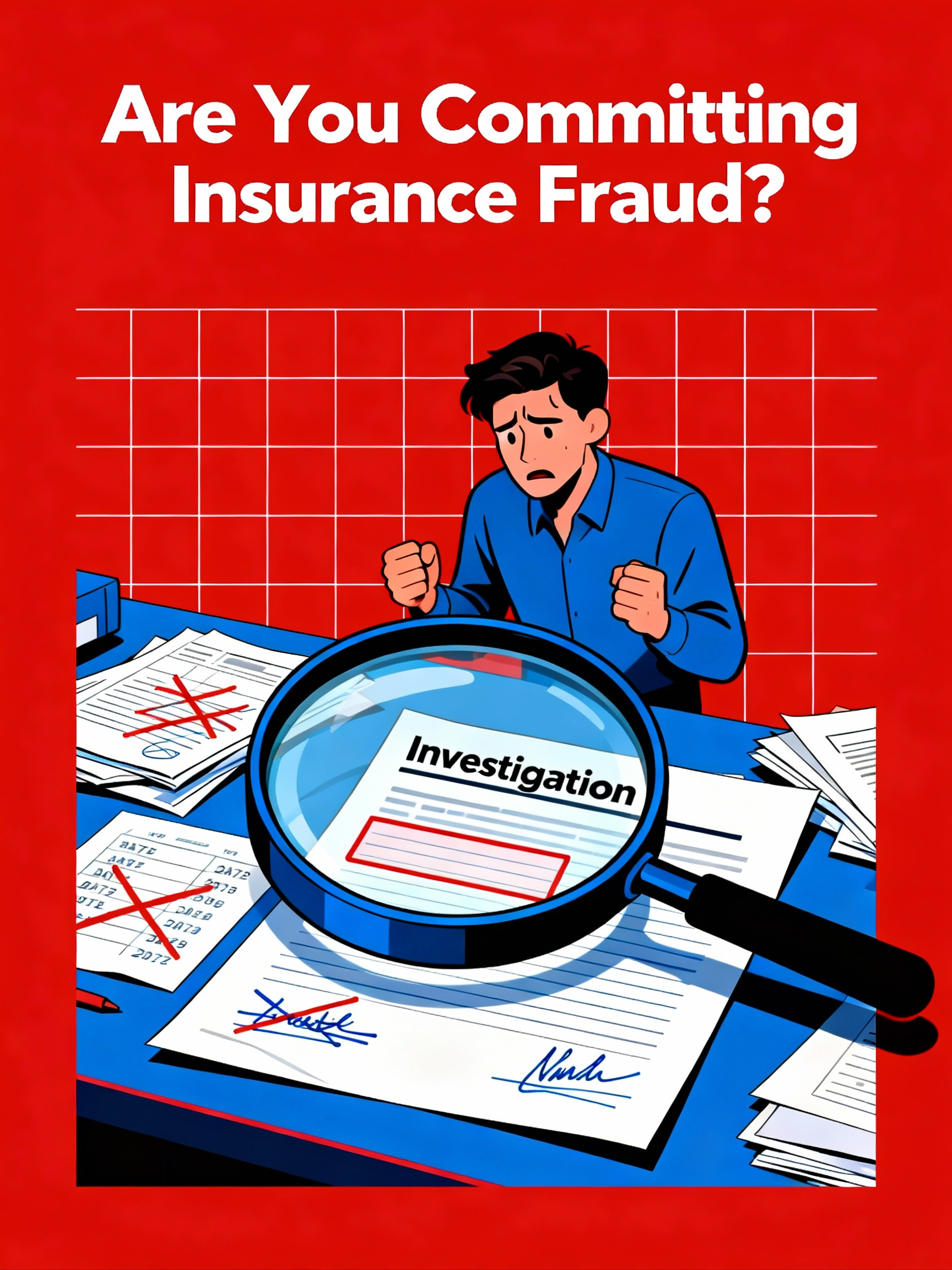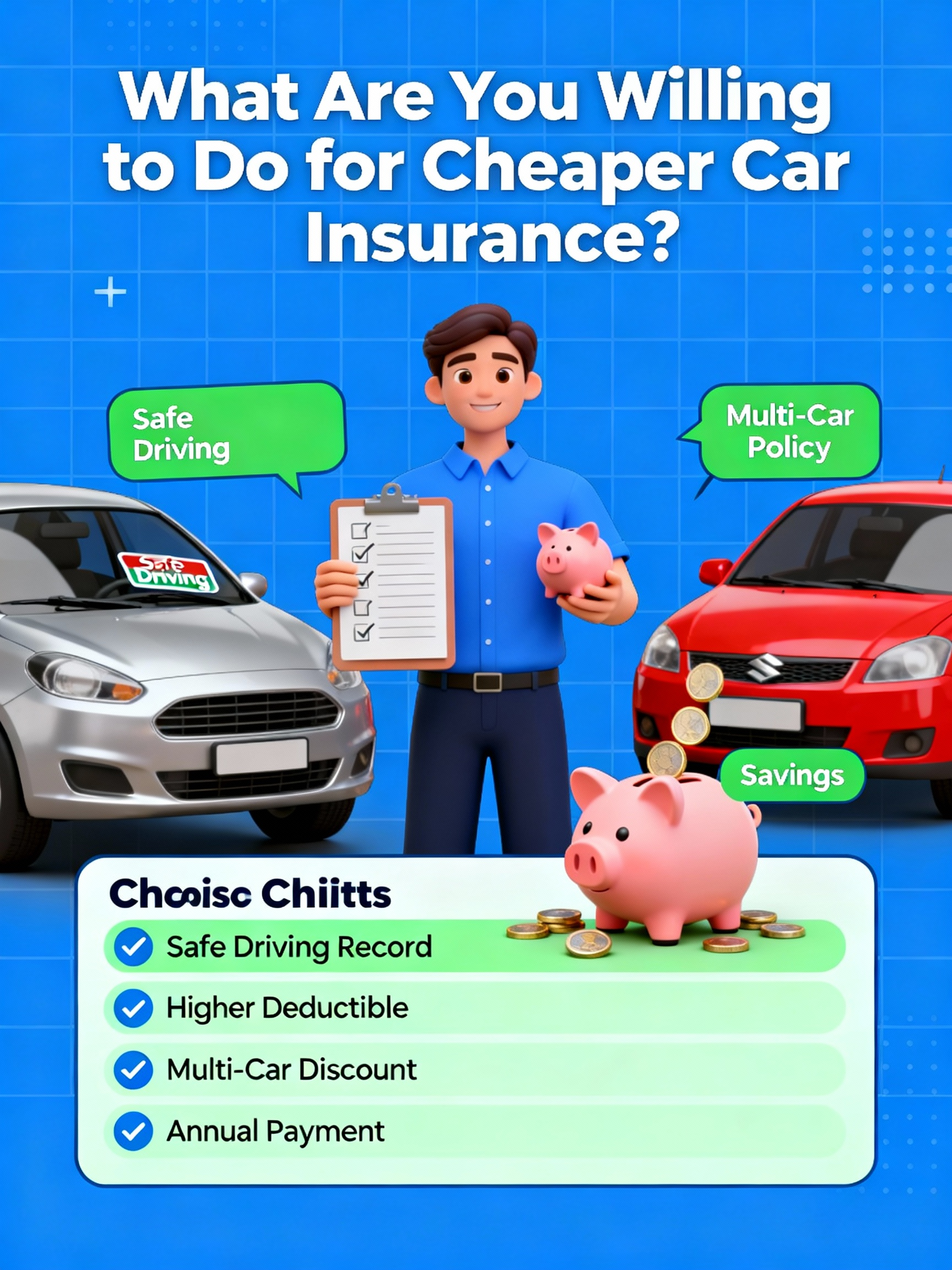Why Your Auto Insurance Costs Rise and Agents Keep Calling
Published Date: 07/09/2024
Every insurance customer has felt the frustration — your agent keeps calling to “check in,” offer new policies, or review your coverage. Meanwhile, your car is getting older, yet your auto premiums keep climbing, and your policy documents seem to be getting shorter instead of longer.
If any of this sounds familiar, you’re not alone. In this episode of Insurance Hour, host and insurance expert Karl Susman addressed these exact concerns through listener questions, clearing up some of the most common misconceptions about agents, policy paperwork, and rising auto insurance costs.
Here’s what every policyholder should understand.
My Agent Keeps Trying to Sell Me More Insurance
One listener asked:
“My agent is always trying to sell me more insurance and I have it all. I’m on the do-not-call list. Where do I report him?”
Susman’s response was honest and direct: insurance agents make money by selling insurance. That’s their profession. But that doesn’t automatically mean every sales call is inappropriate.
“If your agent is offering you something new, it’s possible you actually do need it,” Susman explained. “Because when people file claims for something they didn’t have coverage for, the first thing they say is, ‘My agent never offered it to me.’”
Sales outreach can be part of responsible service, especially when new risks or coverage gaps emerge. Still, no client should feel harassed.
How to Set Boundaries with a Pushy Agent
The best solution is direct communication.
Susman advised consumers to simply say, “I appreciate the outreach, but please make a note not to contact me with new policy suggestions.” Most agents will respect that request because they don’t want to waste time or lose a client.
If the behavior continues after a clear request, you can escalate it through the agency’s management or the carrier itself. However, in most cases, a polite but firm conversation resolves the issue.
Does the Do Not Call List Apply to Insurance Agents?
Many people believe the national Do Not Call registry blocks all sales calls, including from their insurance agent. That’s not entirely true.
If you already have an existing business relationship with an agent or broker, they’re generally exempt from Do Not Call restrictions. Their outreach is considered part of ongoing business communication, not cold telemarketing.
Another detail many consumers overlook: Do Not Call registrations don’t last forever. Numbers must be re-registered periodically. If calls have started again, your number may no longer be active in the system.
Why Your Policy Looks Only One Page Long
Another listener joked:
“Why is my policy only one page long, but my agent says it’s part of a big policy coat?”
Susman clarified that it’s called a policy jacket, not a policy coat — and the confusion is very common.
Your insurance policy has two main components:
The Declarations Page (Dec Page) is the short summary that includes:
- Your name and address
- Policy number
- Effective and expiration dates
- Coverage limits
- Deductibles
- Premiums
This is the personalized snapshot of your policy.
The Policy Jacket (Policy Form) is the detailed legal document that explains:
- What is covered
- What is excluded
- How claims are handled
- Conditions, duties, and endorsements
This portion is standardized and can be 50 to 100 pages long, depending on the policy.
When policies were mailed physically, insurers often sent the full jacket once and only sent updated declarations pages at renewal. Today, both are usually delivered electronically in one PDF.
Why the Policy Jacket Rarely Changes
Your policy jacket usually stays the same from year to year because the core contract language doesn’t change unless new regulations or endorsements are added. That’s why renewals often appear to be “just one page” — you’re receiving the updated declarations, not the full contract again.
Susman recommends confirming that you receive all documents electronically so you always have the complete policy on file.
My Car Is Older, but My Insurance Keeps Going Up
One of the most relatable complaints came from a listener who said:
“My car’s older, but my insurance cost keeps going up. I call scam.”
Susman’s response was clear:
“It’s not a scam — but it is complicated.”
The key misunderstanding is believing that auto insurance is based only on the value of your vehicle. In reality, vehicle value is just one piece of a much larger pricing model.
What You’re Really Paying for in Auto Insurance
Your premium includes multiple coverage components, including:
- Liability coverage for injuries and property damage you cause
- Uninsured and underinsured motorist coverage
- Medical payments or personal injury protection
- Comprehensive and collision coverage
- Administrative, legal, and claims-handling costs
Only comprehensive and collision are directly tied to the value of your car. As your vehicle depreciates, those portions may decrease slightly. But liability, medical, and litigation-related costs often rise — especially in today’s economic environment.
“If your car is worth less, that part of the premium does go down,” Susman said. “But if the overall policy is going up, it means another section has increased more than the decrease.”
The Real Drivers Behind Rising Auto Premiums
Auto insurance costs are climbing nationwide due to several structural factors:
- Inflation impacting labor, parts, and medical care
- Advanced vehicle technology making repairs more expensive
- Increased accident severity and frequency
- Higher litigation and fraud costs
- Rising reinsurance expenses for insurance companies
Even if your individual vehicle is older, the overall cost of providing coverage has risen significantly across the industry.
“If you were just insuring the value of the vehicle and the rate still went up, then it would be a scam,” Susman said. “But that’s not how insurance works.”
What You Can Do to Control Rising Auto Insurance Costs
Susman offered several practical strategies for managing premium increases:
- Review your coverage line by line with your agent
- Remove optional coverages you no longer need
- Increase your deductible if you can absorb higher out-of-pocket costs
- Enroll in telematics or safe-driving programs for potential discounts
- Shop the market periodically through a broker
- Bundle auto with home or other policies when available
These steps won’t eliminate inflation-driven increases, but they can soften the impact.
Final Thoughts: Understanding Beats Frustration
From sales calls to confusing paperwork and rising premiums, insurance can easily feel aggravating. But most of these issues aren’t the result of deception — they stem from misunderstandings about how insurance actually works.
“Insurance can be frustrating,” Susman acknowledged, “but it’s also one of the most important things you buy. Once you understand what’s happening behind the scenes, it makes much more sense.”
The next time your agent calls, your premium rises, or your “policy” looks unusually short, slow down and review the details. In most cases, the explanation is there — buried in the fine print, but very real.
Author
